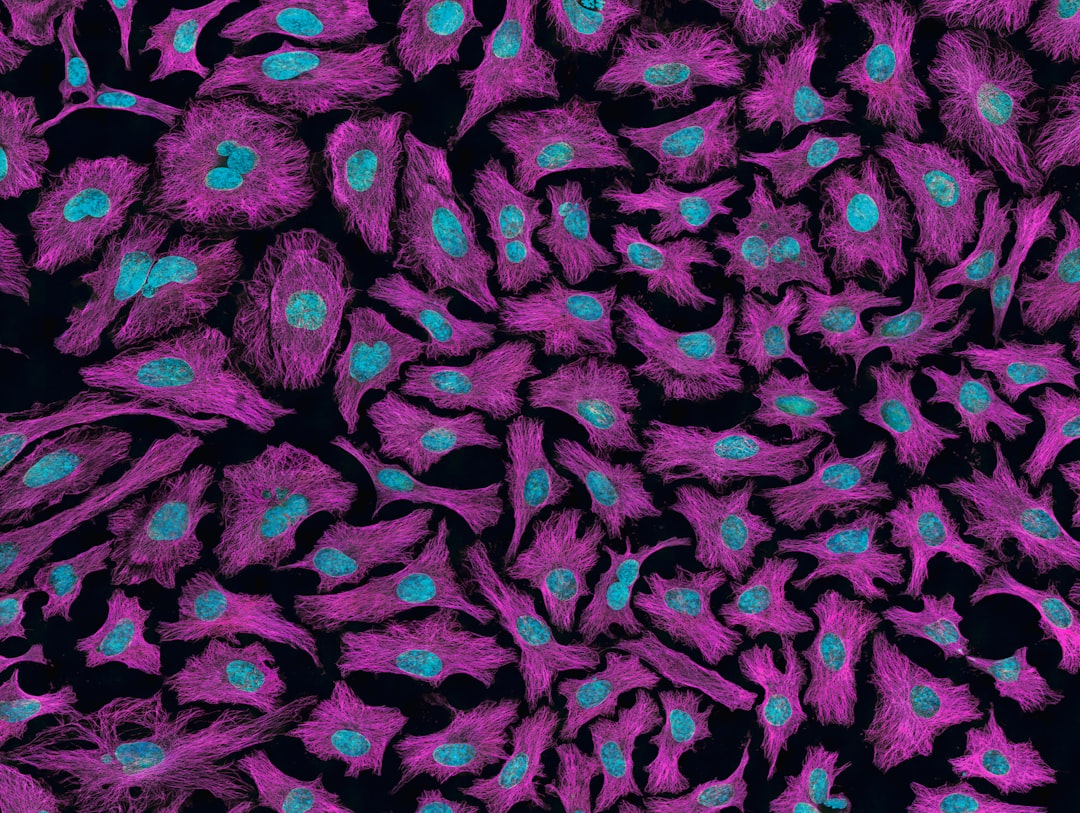What is it about?
Vaccine hesitancy, as well as propensity to free-ride, can pose serious challenges to mass vaccination schemes aimed at controlling spread of infectious diseases. If vaccination is not mandatory, the individuals decide whether to vaccinate, or not, comparing their expected utilities, net of costs, from the respective options. In our proposed model, to encourage and incentivise vaccination, the government launches a 4-stage policy implementation plan, involving awareness building, vaccine distribution intensification, subsidising the vaccine, and offering free-vaccination along with a reward for getting vaccinated. While the government distributes and subsidises one vaccine, it decides whether to approve private distribution of another vaccine. Modelling the scenario as a population game, wherein the individuals may want to free-ride by avoiding vaccine while others get vaccinated, we determine the vaccine coverage in the Markov perfect equilibrium (MPE) of the game at each stage. Through a detailed numerical simulation, we observe the effects of exogenous variables, policy variables and efficiency parameters, on coverage. Our results indicate that the government should approve the other vaccine and focus on intensifying vaccine distribution. The impact of awareness development is limited. If the partial subsidy in the penultimate stage is higher, a smaller fraction of the population needs to be covered under the rewarded free-vaccination scheme. However, the high partial subsidy in the penultimate stage may come at an additional cost burden on the government, and hence a trade-off may be necessary.
Featured Image

Photo by Elena Mozhvilo on Unsplash
Why is it important?
Our model is helpful for the government in determining the optimal subsidy that minimises the government’s expenditure. Ensuring adequate supply of vaccines in the early stages is also extremely important in increasing the likelihood of the success of the vaccination campaign. The governments across the world may draw insights from our model to formulate COVID-19 vaccination strategies.
Perspectives
Our model is the first of its nature in studying individual responses to vaccination incentives created by the government's policy instruments, while accounting for the population game dynamics.
Dr Sumit Sarkar
XLRI Jamshedpur School of Business and Human Resources
Read the Original
This page is a summary of: Attaining herd immunity to a new infectious disease through multi-stage policies incentivising voluntary vaccination, Chaos Solitons & Fractals, January 2022, Elsevier,
DOI: 10.1016/j.chaos.2021.111710.
You can read the full text:
Contributors
The following have contributed to this page










